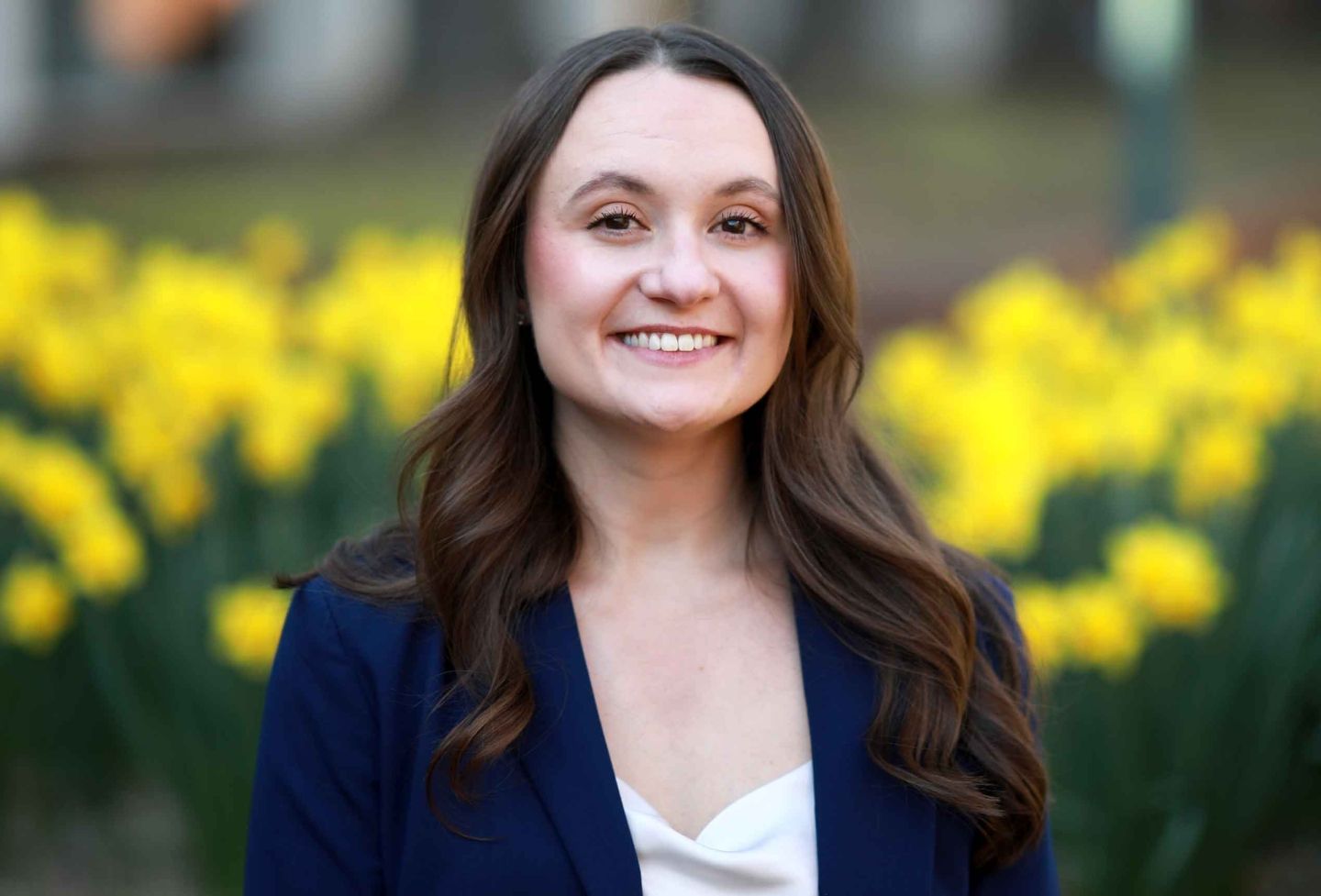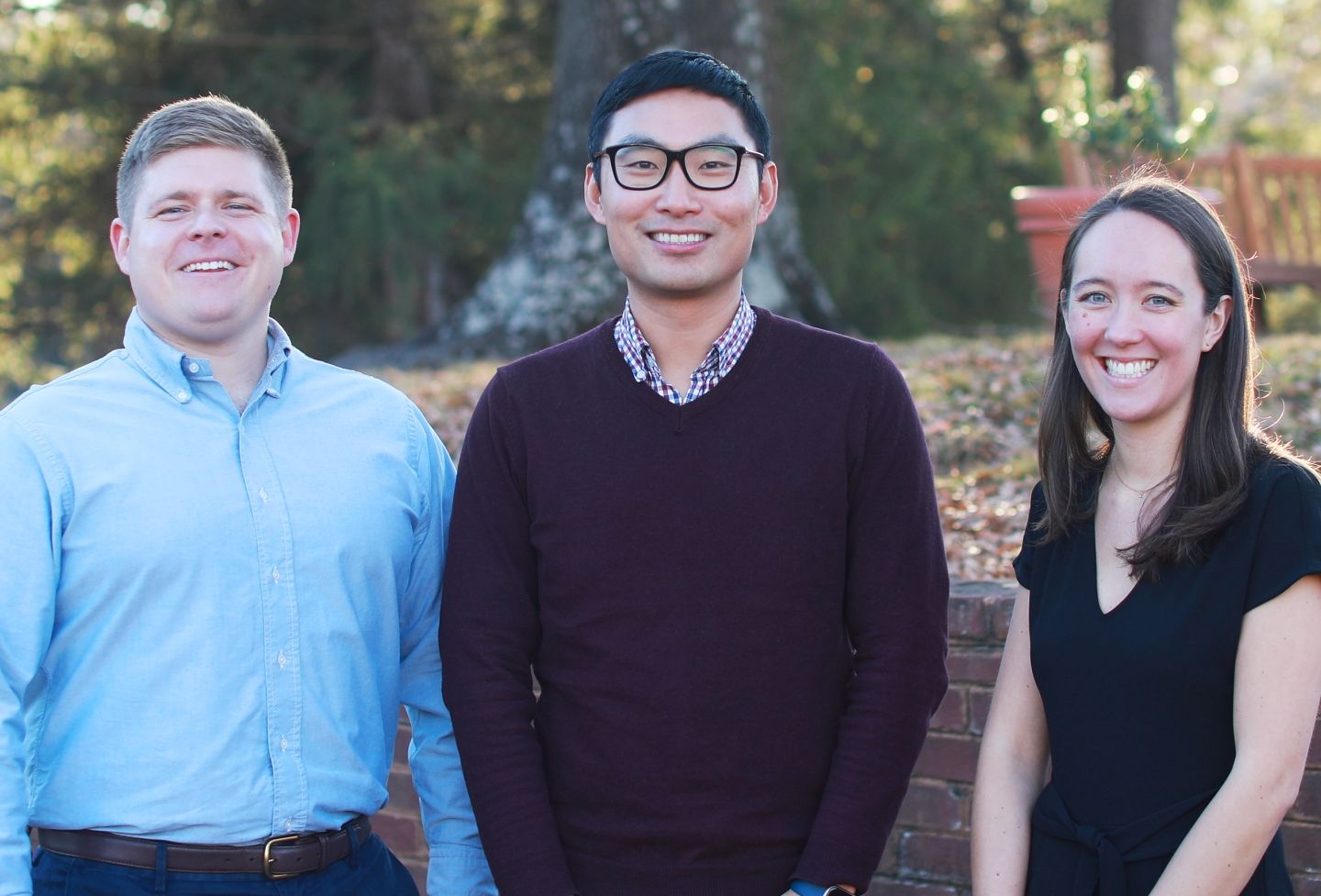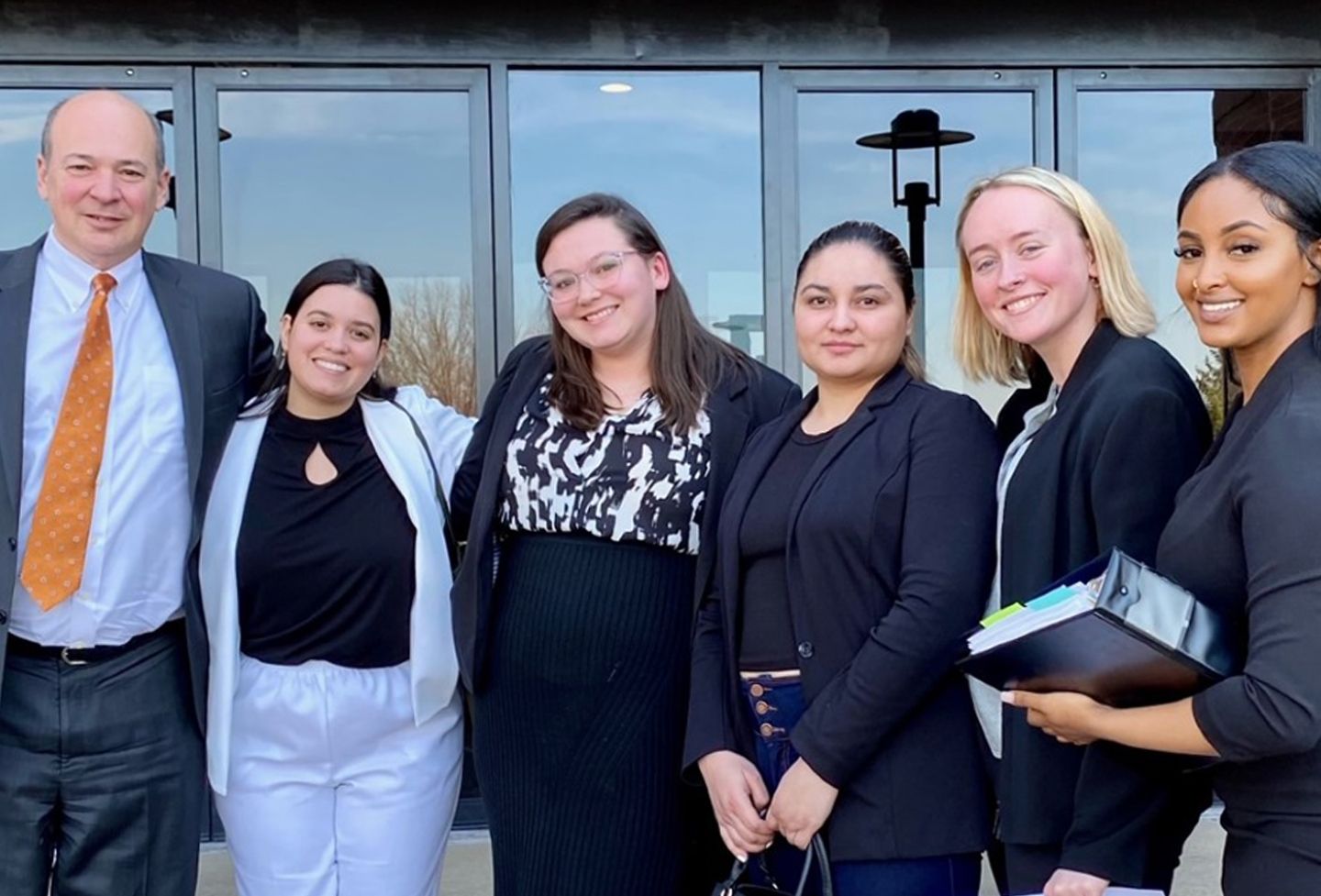When two University of Virginia School of Law students graduate this spring, they will not only go on to practice law, it looks like they will be able to say they helped make law, too.
A bill championed by Julianne Jaquith and Roxana Miller to protect unsuspecting immigrants in the Commonwealth from immigration consultant fraud is currently on Gov. Terry McAuliffe's desk, where he is expected to sign it.
"We don't see it going a different way, with so much support," Miller said. "We hope that our contribution in this area will create awareness among residents of the Commonwealth and help protect innocent victims from unscrupulous individuals."
The bill was sponsored by Sen. Adam P. Ebbin — with Del. Dave Albo sponsoring identical language in the House. The bodies approved the legislation in February by unanimous votes.
The scammers, often notaries public, charge high fees for inaccurate immigration services or legal advice they are not qualified to give. In Latin America, a "notario" is highly trained, educated and licensed to provide legal advice, creating confusion for many who seek these services in the United States.
Once in effect, the new law will:
- Prohibit non-attorney notaries public from offering or providing advice on immigration matters.
- Regulate notary advertising by prohibiting non-attorney notaries from assuming or using the title of "notario," "notario publico," "licenciado," or any misleading term that indicates the notary is authorized to provide legal advice or practice law.
- Subject violators of the advertising regulations to a civil penalty not to exceed $500 for a first violation and a penalty not to exceed $1,000 for a second violation.
The students said the idea to work on the legislation started in UVA Law professor Andy Block's Public Interest Law and Advocacy Skills class last spring. Block asked the class to work on a problem in the community, and Miller and Jaquith's group decided to focus on immigrant advocacy because Jaquith had done pro bono work for D.C. Catholic Charities.
When it came time to decide on a project, "I said I wonder if Virginia has a state regulation on notaries," Jaquith said.
The students learned that although about 30 states had some type of law on the books, Virginia did not.
The new law will help many of the most economically vulnerable residents of Virginia. The state has the ninth-largest immigrant population in the United States, and according to a Federal Trade Commission report, ranks sixth nationwide in total number of consumer complaints about immigration fraud.
Miller and Jaquith said they made use of every aspect of Block's how-to class. Block had speakers such as delegates, lobbyists and newspaper editors come to their class to discuss tactics, such as choosing an effective sponsor, gaining grassroots buy-in and writing press releases.
But by the time Block's class had concluded, the proposed legislation was still in need of the final language to be put forward.
Miller went on to take Legislative Drafting and Public Policy in the fall. The class, taught by lecturers H.L. Kneedler and Edward A. Mullen, helped her understand how to avoid hot-button language and build bipartisan support. The legislation — and its shepherding — also benefited from input of Edgar Aranda-Yanoc at the Legal Aid Justice Center and the Virginia Coalition of Latin Organizations, the students said.
"When we started this project, we had no idea that there would be interest among advocates and legislators," Jaquith said. "It was exciting to see advocates support our ideas, and inspiring to see the political process in motion. However, the most powerful element, for me, was to raise awareness and to get people talking about the issue of notario fraud in Virginia, an issue that affects a vulnerable population. If our legislation minimizes the negative impacts that notario fraud has in our communities, that's the real success."
Jaquith and Miller said the governor is reviewing the legislation for possible changes, including adding back in language that requires non-attorney notaries to make it clear to the public that they are not experts in immigration matters.
Founded in 1819, the University of Virginia School of Law is the second-oldest continuously operating law school in the nation. Consistently ranked among the top law schools, Virginia is a world-renowned training ground for distinguished lawyers and public servants, instilling in them a commitment to leadership, integrity and community service.


